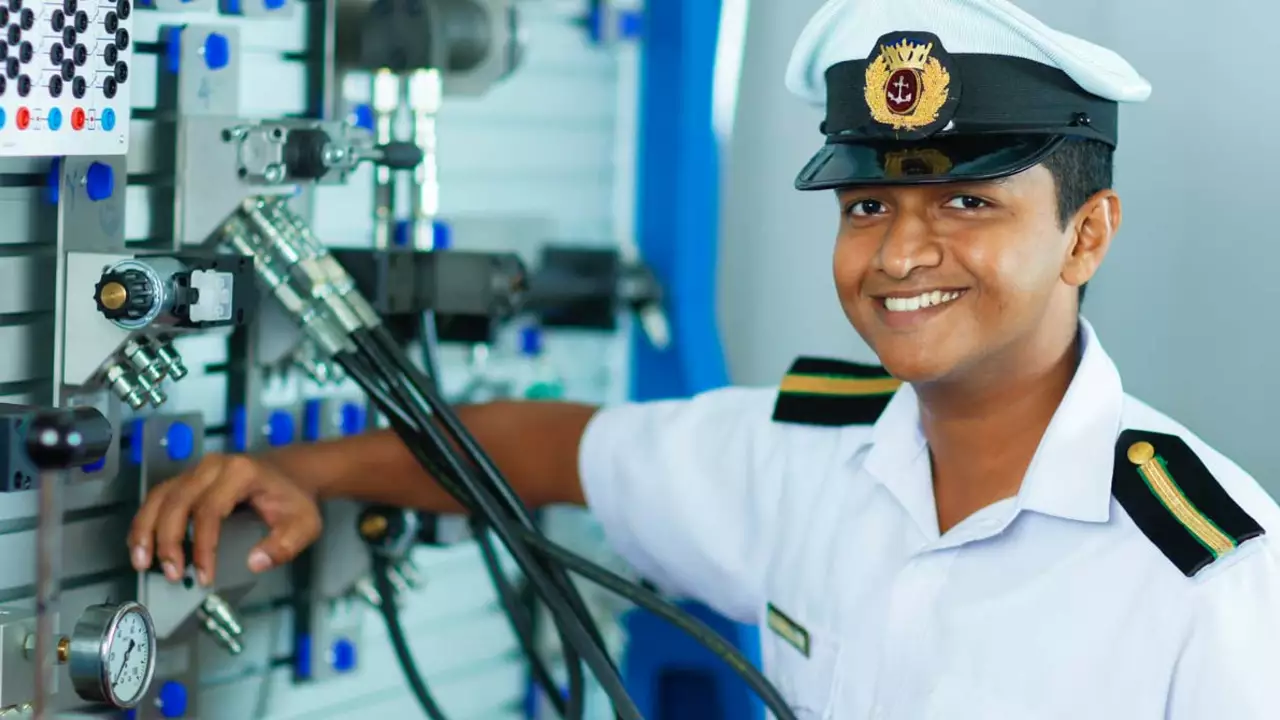Indian Marine Engineer: What You Need to Know
If you’ve ever wondered how massive ships stay afloat, who keeps their engines humming, or why the maritime sector matters for India’s economy, you’re looking at the right profession. An Indian marine engineer builds, maintains, and repairs the mechanical and electrical systems on ships, offshore platforms, and even naval vessels. It’s a hands‑on job that mixes engineering know‑how with life at sea.
Marine engineers don’t just work on colossal cargo ships. They also handle ferries, cruise liners, oil rigs, and coastal patrol boats. Every vessel needs power – from the main propulsion engine to the tiny pumps that circulate fresh water. That’s where the engineer steps in, ensuring everything runs smoothly, safely, and efficiently.
What Does an Indian Marine Engineer Do?
Think of a ship as a moving factory. The marine engineer’s daily tasks include:
- Designing and selecting propulsion systems that fit the vessel’s purpose.
- Overseeing installation of engines, gearboxes, and auxiliary machinery.
- Running routine inspections to spot wear, corrosion, or leaks before they become emergencies.
- Managing fuel consumption and emissions to meet Indian and international regulations.
- Coordinating with the crew to troubleshoot malfunctions while at sea.
Because ships operate in harsh marine environments, the engineer must understand corrosion control, vibration analysis, and marine electrical standards. They also need strong problem‑solving chops – a single faulty pump can delay a cargo delivery and cost a company millions.
How to Start a Career in Marine Engineering in India
Getting into this field starts with the right education. Most Indian marine engineers hold a B.Tech or B.E. in Marine Engineering from a recognized institute such as the Indian Maritime University, IIT Kharagpur (Marine Dept.), or a private maritime college approved by the Directorate General of Shipping (DGS).
After graduating, you must clear the Indian Register of Shipping (IRS) or DGS certification exams. These licenses prove you’re qualified to work on Indian‑registered vessels and are mandatory for any onboard role.
Internships are a game‑changer. Many training ships and shipyards offer cadet programs where you spend weeks at sea, applying classroom theory to real‑world scenarios. This hands‑on exposure not only builds confidence but also boosts your resume when you apply for full‑time positions.
Once licensed, job hunting is straightforward. Look for openings on maritime job portals, shipbuilding company sites, and recruitment agencies that specialize in the maritime sector. Companies like Cochin Shipyard, L&T Shipbuilding, and offshore service firms regularly hire fresh marine engineers.
Salary expectations vary. An entry‑level marine engineer in India can earn between INR 4 lakhs to 7 lakhs per year, with rapid growth as you gain sea‑time and certifications. Senior engineers on large vessels or offshore platforms can pull upwards of INR 15 lakhs annually.
Beyond the paycheck, the career offers travel, technical challenges, and the pride of keeping essential trade routes moving. If you love engineering, the sea, and solving real‑world problems, becoming an Indian marine engineer might be the perfect fit.
Ready to set sail? Start by researching accredited marine engineering programs, prepare for the DGS exams, and seek out a cadetship that puts you on board. The maritime world is vast, and there’s a place for you on its decks.
